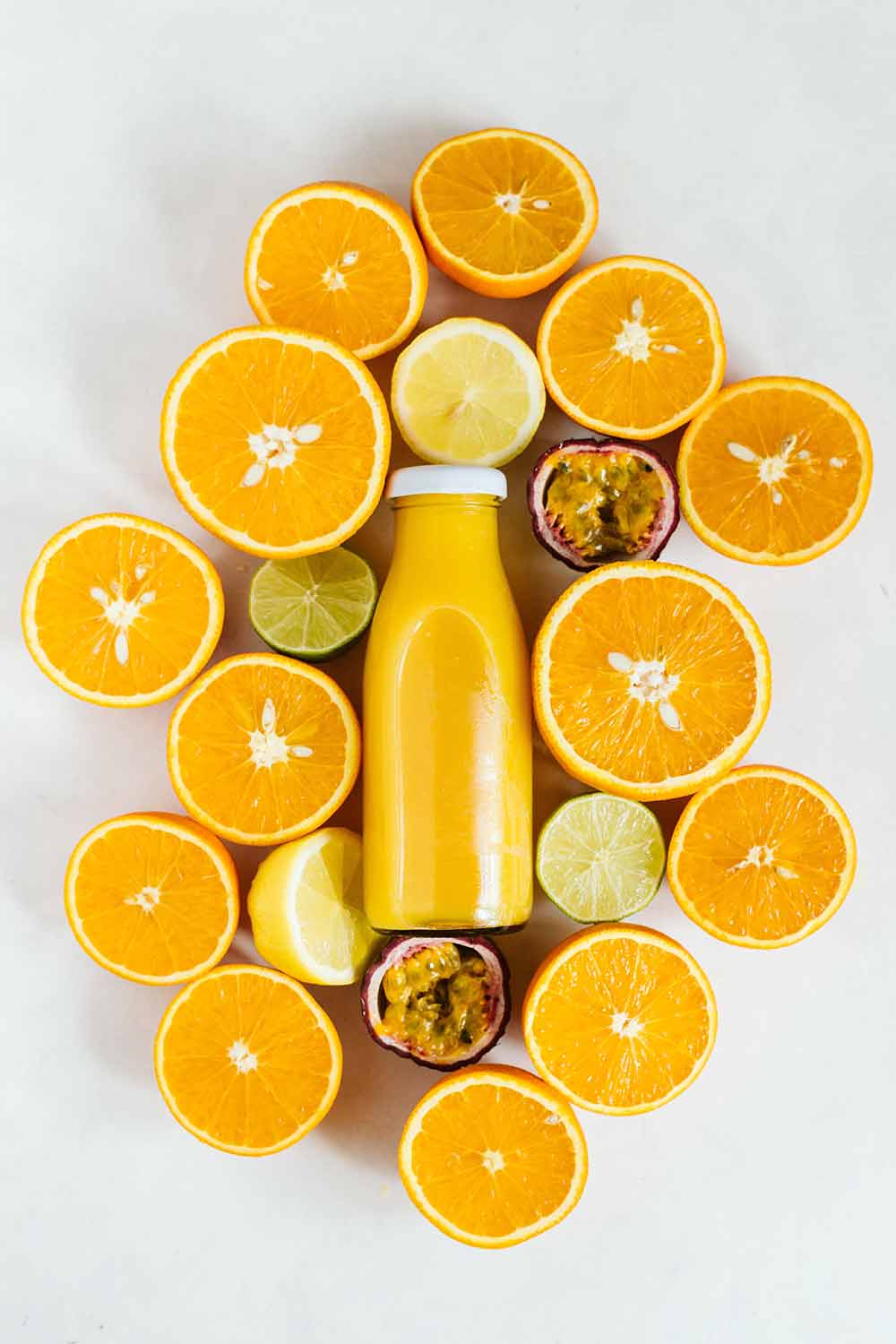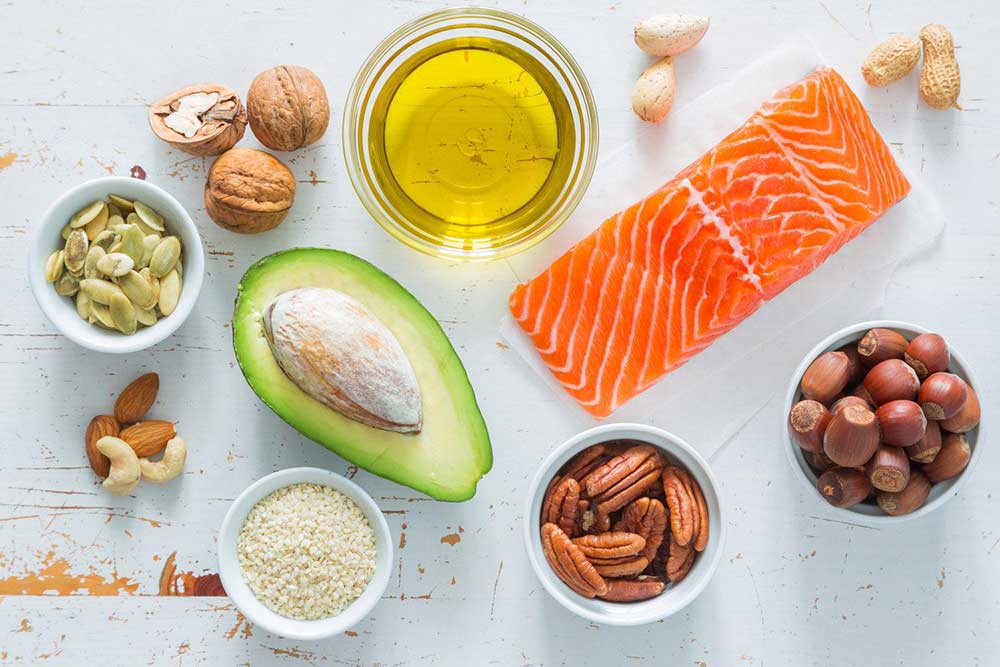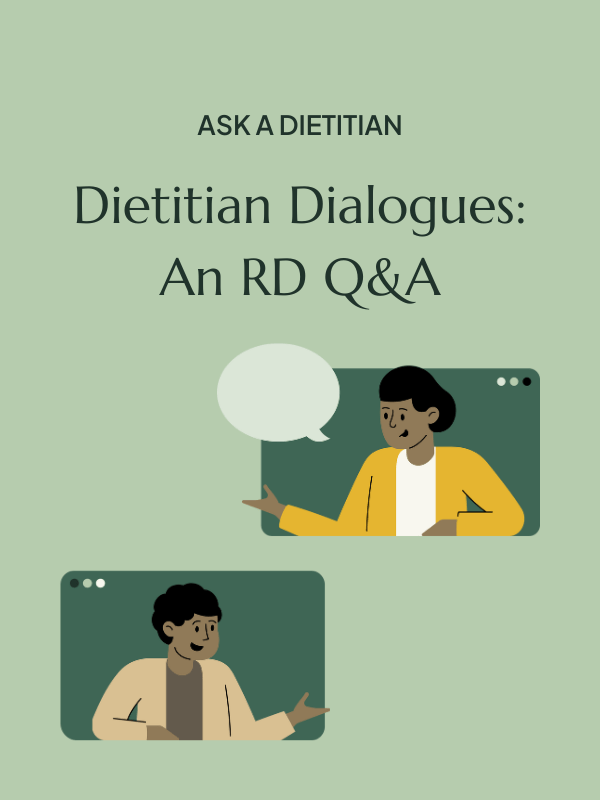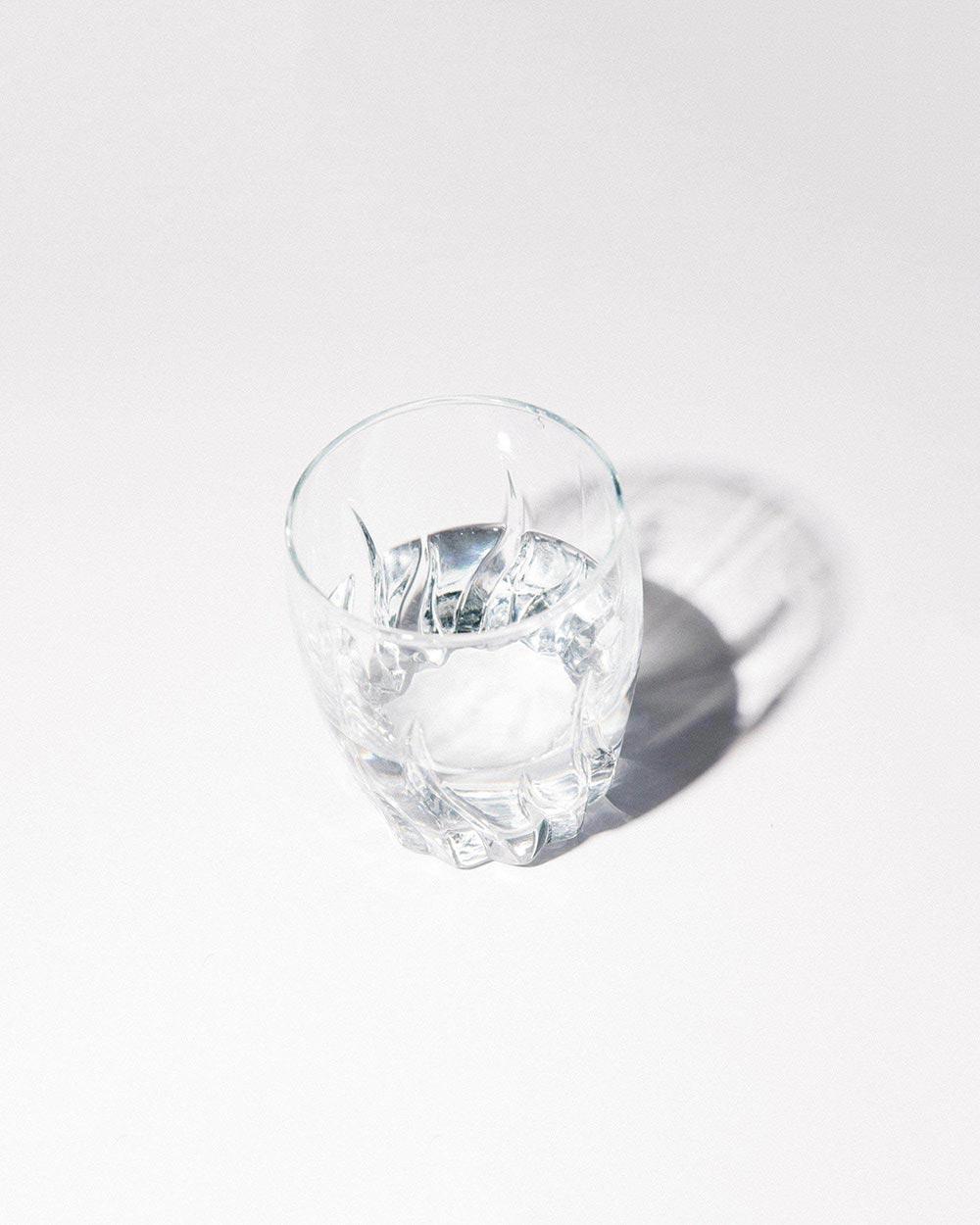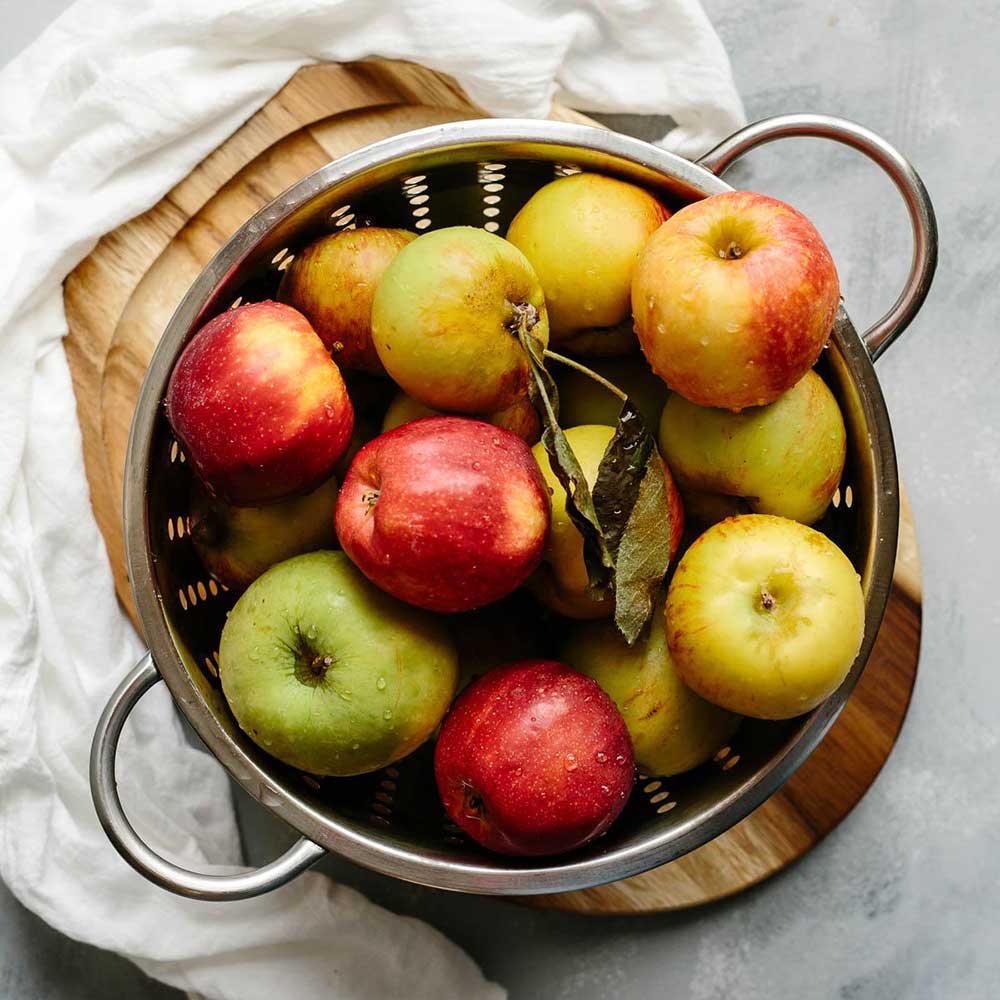The words “detox” and “cleanse” are often used interchangeably as marketing terms in the wellness industry. Companies selling detox cleanse programs, detox supplements, and detox diet programs boast long lists of purported health benefits, including eliminating toxins, weight loss, increasing energy levels, enhancing mental clarity, and improving overall health.
But do detoxes and cleanses actually work? While it can be tempting to fall for the marketing claims, these products are not well regulated, often lack sufficient scientific evidence to support their use, and can have potential negative side effects. And not to mention, they can be quite expensive.
Here, our registered dietitians break down the science so you can make informed decisions on detoxes and cleanses.
Cleanse and Detox Supplements
Despite the lack of clinical evidence backing cleanses and related products, the detox industry is projected to hit nearly $70 billion by 2025. Why? Because companies capitalize on consumers’ guilt, fear and desire for a quick fix. In other words, these brands promise that their detox products will reverse the damage caused by those three (or was it four?) glasses of wine you drank last night. But unhealthy eating or drinking habits are not reversed with supplements, and these very “solutions” can actually do more harm than good.
The two main types of supplements on the market are liver detox and colon cleanse supplements, all with many different formulations. Liver cleanse supplements typically contain herbal blends, including milk thistle and dandelion root, and sometimes ingredients that promote a diuretic effect (increasing urination). Colon cleansing products usually contain different forms of fiber, ingredients with laxatives, as well as herbal blends. Additional ingredients may include antioxidant blends that claim to help reduce inflammation, and promote improved natural detoxification.
Scientific studies on the efficacy and safety of these supplements are extremely limited, with most utilizing questionable methodology and too-small sample sizes. Also, the U.S. Food and Drug Administration (FDA) does not evaluate supplements before they go to market, which means that the ingredients and dosages listed on those herbal supplements aren’t necessarily what’s in the bottle. In fact, there are several cases of the FDA recalling detox and cleansing supplements that might contain harmful substances.
Negative side effects from these supplements can include dehydration from laxatives or diuretics in the products, and potentially harmful medication interactions with herbal ingredients. You can visit the NIH Botanical Supplement Fact Sheets to review safety and efficacy of individual herbal ingredients. We recommend speaking with a healthcare professional before adding any of these dietary supplements to your routine, especially if you have a preexisting health condition, are taking medications, or if you are pregnant or breastfeeding.
Detox Diets and Cleanses
Detoxes and cleanses are also sold in the form of diet plans or juice cleanses. As with detox and cleaning supplements, these plans lack scientific backing. Often, these diets are very restrictive and low calorie, which can put you at risk of not meeting your caloric and overall nutritional needs. While some of these programs can result in initial weight loss, they can cause subsequent weight gain once a regular diet is resumed.
Other detox and cleansing diets focus on eliminating specific types of foods or ingredients. For example, an “added sugar detox” can be helpful in reducing your added sugar intake, which is health promoting, however, full elimination is not necessary to support balanced blood sugar and overall health. Simply following the USDA guidelines of 25 grams of sugar or less for women and 30 grams or less for men is sufficient to promote good health.
The same goes for processed food detoxes — while reducing your intake of heavily processed foods with high amounts of added sugar, saturated fats and additives can be health promoting, full elimination is not necessary to support your overall health and natural detox pathways.
The Takeaway on Detox Cleanses
Research is limited on whether detox diet and cleanse diet and supplements actually work, and they lack scientific backing for both efficacy and safety. They are also not well regulated for purity and potency, so you may not actually be getting what’s listed on the label. Luckily, our bodies have inherent detox pathways to eliminate toxins from our body, primarily though the liver, kidneys, lungs, and digestive system.
You can support your body’s natural detox pathways through diet and lifestyle , including eating a balanced diet rich in fruits, vegetables, whole grains, legumes, healthy fats and lean proteins. These whole foods contain fiber, vitamins, minerals, antioxidants and phytochemicals — all the nutrients that support the body’s detoxification systems and your long-term health.
Have more questions about detoxes? work with a Culina Health registered dietitian nutritionist to get personalized virtual nutrition care that is covered by insurance. Get started.
